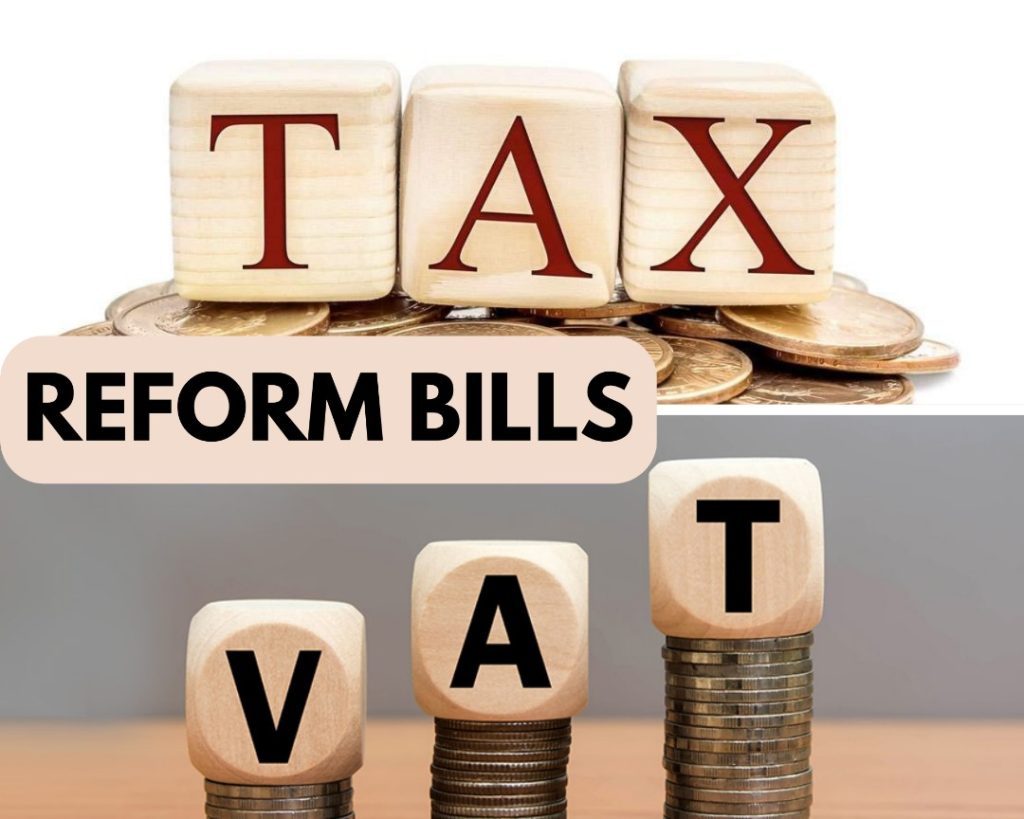The Federal Inland Revenue Service (FIRS) has listed food, education, transport, and agriculture as items exempted from Value Added Tax (VAT) under President Bola Tinubu’s recently signed tax reform laws.
The Executive Chairman of the FIRS, Zacch Adedeji, announced the changes during an interview marking his two years in office. He said the move fulfils Tinubu’s campaign promise to simplify tax compliance and reduce obstacles for taxpayers.
“With these new laws, food, education, transport, and agriculture will be VAT-free,” Adedeji declared.
“The President has fulfilled his promise to make businesses flourish by removing all burdens and hurdles. This is the best thing that has happened to Nigeria’s fiscal ecosystem since 1960.”
The new tax code, set to take effect in January, merges several tax laws into one and cuts the number of tax types to single digits. It also raises thresholds to protect low-income earners and exempts businesses with annual turnover below N50m from tax.
Tribune Online reports Tinubu signed four bills into law on June 26, 2025 which includes the Nigeria Tax Act, Nigeria Tax Administration Act, Nigeria Revenue Service Establishment Act, and the Joint Revenue Board Establishment Act. Together, these laws, known as the Tax Acts quartet aim to broaden the tax base and improve compliance across federal, state, and local governments.
Earlier, Tinubu, aimed at guiding the reforms, appointed Taiwo Oyedele, Fiscal Policy Partner and Africa Tax Leader at PricewaterhouseCoopers, as chairman of the Presidential Committee on Fiscal Policy and Tax Reforms. The committee includes experts from both the private and public sectors.
Continuing, Adedeji said the reforms are already delivering results, with Nigeria’s tax-to-GDP ratio rising from 10 per cent to 13.5 per cent in two years, and a target of 18 per cent set for 2027. He added that 30 states have used improved revenue to repay N1.85tn in debts, while debt servicing costs have dropped from 90 per cent to about 50 per cent of revenue.
As part of the reforms, the FIRS will be renamed the Nigeria Revenue Service to reflect its role as a central tax authority for all tiers of government. “The word ‘federal’ gave the wrong impression that we only collect for the federal government,” Adedeji explained. “In reality, we collect VAT, of which 90 per cent belongs to the states.”
He also pointed to Tinubu’s other economic decisions, including subsidy removal and exchange rate unification, as measures that have strengthened the federation account. “The health of the federation account has blossomed greatly, as there are no bogus subsidy claims to deplete the pool,” he said.

Adedeji admitted that the reforms have created short-term hardship but said government measures such as compressed natural gas buses and crude-for-Naira support for local refiners are helping to ease the impact.
He added that the consolidated tax law strengthens compliance by grouping taxpayers into small, medium, and large categories, with one-stop shops for filing and payments. “We are service providers to taxpayers rather than just an enforcement agency,” he said.
On concerns about a petrol surcharge, Adedeji explained that it would not apply automatically. “It will only take effect if activated by a ministerial order and published in the official gazette,” he noted.
While urging taxpayers to support the reforms, he concluded: “When companies are doing well, expanding, and making profits, we will benefit from their growth. Our task is to remove hurdles in their way, and that is what the president has done with these new laws.”